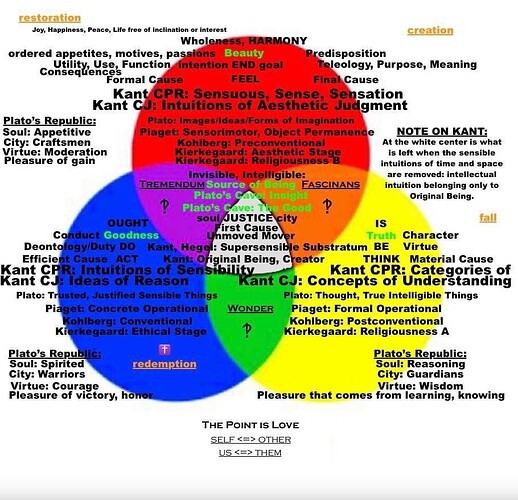According to the history of ideas, in the study of ethics, the main contemporary ideas with which ethics is concerned are these:
Should you think about your duty, or about the consequences of your actions? Or should you concentrate on becoming a good person?
The new perspective on ethics being offered for your consideration would answer: Concentrate on becoming a good person.
If you do, you definitely will be likely to consider the consequences of your actions, as well as attend to your primary responsibility which is “your duty,” namely, to care for those closest to you such as your mate or your family. All the traditional schools of ethics agree on this primary concern.
We are pre-wired to look out for our own interest, but that does not mean we are to be selfish. Selfishness is immoral. Furthermore, it is your moral duty, in a sense, to keep yourself healthy and strong so that you will then be in a position to help and serve others, and to perform acts of kindness. This is ethics in practice.
Traditional Ethics has also inquired: What is the good life for the good person?
The new perspective, the Hartman/Katz framework, would indicate that if one has a good character (with all that implies) as well as evidence of personal achievement toward making the world a better place, then one is living a good life.
The ultimate goal is to provide a “quality-life” for one and all. That means that each would be content that he/she has an adequate quality-of-life, and that we all are living with a good balance with nature and with our environment.
What say you about this new way of looking at Ethics? Your comments are welcome. ![]() Can you suggest ways to upgrade the perspective, and improve upon it.
Can you suggest ways to upgrade the perspective, and improve upon it. ![]()
![]()
To learn more about it, study the References listed below.

